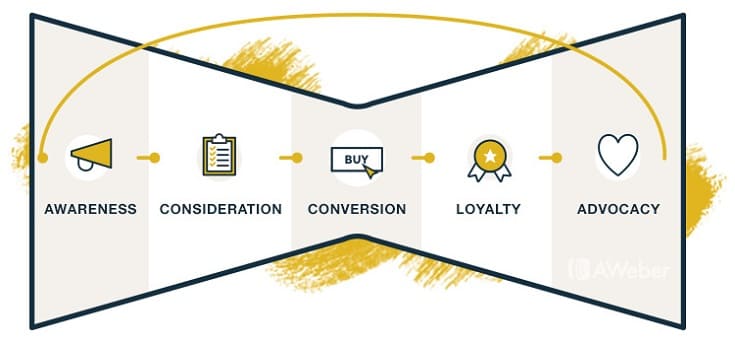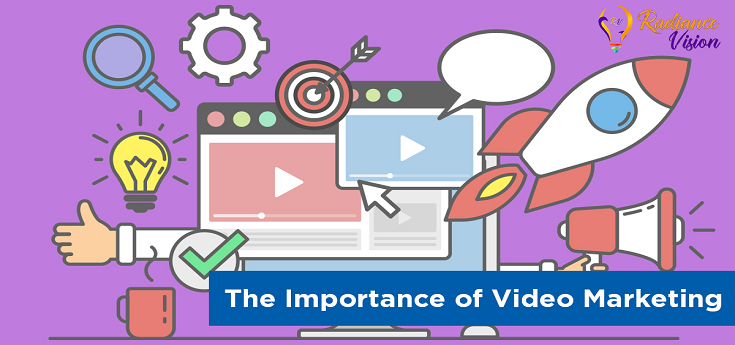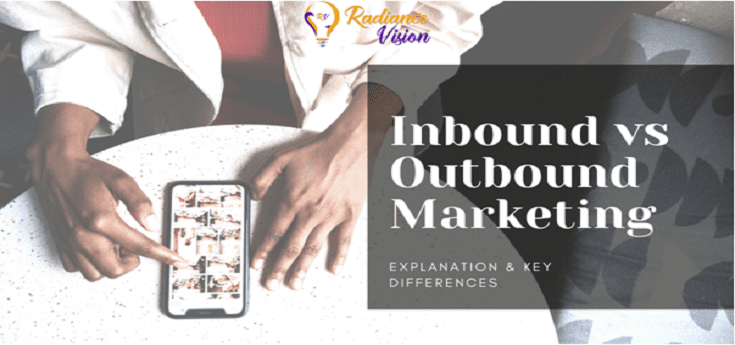UNDERSTANDING MARKETING FUNNELS

UNDERSTANDING MARKETING FUNNELS
A marketing funnel is a tool, a process, a procedure that describes your customer’s journey with you. When someone learns about your business, be it the initial stages or the purchasing stage, marketing funnels map routes to purchases and sales and beyond.
You may not know what it looks like or how it works. You might also end up calling it a “conversion funnel” or a “sales funnel,” or several other names – but if you’re part of a business that relies on customers to grow, then you have to have a funnel.
For a customer who knows nothing about the company, and for a company that knows nothing about the customer, a marketing funnel paves a hypothetical way for each to understand their needs and become a permanent or temporary source of purchase or sales. What a marketing funnel does is turn leads into customers.
The idea is that the marketer shows their advertisements to a broad array of their ideal potential customers, and then nurtures those leads slowly over time through the funnel, reducing the number of potential customers at each stage of the funnel, until eventually, those leads that arrive at the bottom of the funnel become customers.
For understanding the process of turning leads into customers, the marketing funnel is a visualization- as understood from a marketing (and sales) perspective. The core idea is -marketers cast a broad net to capture as many leads (surfers on the internet, shopaholics, first-time visitors to a website etc.) as possible, and then slowly nurture prospective or strong or frequent customers through the purchasing decision, narrowing down these candidates in each stage of the funnel creating customers from cold leads.
In theory, the marketing funnel is straightforward: It’s the representation of your buyers’ journey from prospect to customer, combined with the tools and processes you use to gracefully guide them through. But in practice, constructing a marketing funnel is far more confusing. What do the building blocks of a successful one look like? What processes ensure the maximum number of leads become customers that stay loyal to your brand?
It’s important to note that there is not just one agreed-upon version of the funnel or a basic or the main version. Some have many “stages” while others have lesser. With careful analysis, a marketing funnel (a structure that I agree upon) lets you know what your company must do to influence consumers at certain stages. By evaluating your funnels, you can potentially extract greater sales, more loyalty to your lead-turned-customer and stronger brand awareness.
The Benefits of Marketing Funnels
Marketing funnels make customer journey simpler and make it easier for companies to follow. These solutions map out each stage of their client’s decision process and plan the steps they want to take in each.
Measurability is the biggest benefit of marketing funnels. Your funnel shows you where you’re losing customers thus warning you to take steps accordingly. You also get to know what aspect of your company is holding on to the leads so that you can improvise upon.





